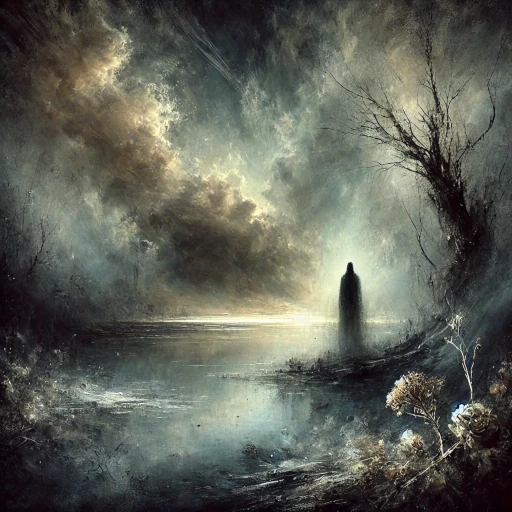“No one knows whether death, which people fear to be the greatest evil, may not be the greatest good.”

- 427 BC – 347 BC
- Born in Athens, ancient Greece
- Philosopher, scholar, founder of the Academy
table of contents
Quote
“No one knows whether death, which people fear to be the greatest evil, may not be the greatest good.”
Explanation
In this quote, Plato challenges the common fear of death, suggesting that what people often perceive as the greatest evil may, in fact, be something positive or beneficial. Plato’s perspective stems from his philosophical belief in the immortality of the soul and the possibility that death could represent a transition to a higher or more enlightened state of being. Rather than viewing death as the end of existence, Plato implies that it could be a release from the limitations of the physical body, enabling the soul to reach a more perfect or divine realm, where it can achieve greater wisdom, clarity, and peace.
This idea is tied to Plato’s Theory of Forms, which suggests that the material world is a shadow of a higher, unchanging reality. The physical body is seen as a temporary vessel for the soul, and death could be viewed as a return to this higher, more ideal state of existence. In works like *The Phaedo*, Plato discusses how the philosopher, who seeks truth and wisdom, should not fear death, as it may allow the soul to be freed from the constraints of the body and join the divine realm of the Forms, where true knowledge and purity are found.
In modern contexts, this quote invites us to reconsider our perceptions of death. While many fear it as the ultimate tragedy, Plato’s suggestion encourages us to question our assumptions about mortality and the nature of existence. Whether through spiritual, philosophical, or even psychological reflection, the quote opens the possibility that death may not be an end but a transformation, a step toward greater understanding, peace, or freedom. It serves as a reminder that the fear of death may be rooted in ignorance or limited perspective, and that embracing the unknown might reveal new truths about life, existence, and the soul.
Would you like to share your impressions or related stories about this quote in the comments section?




